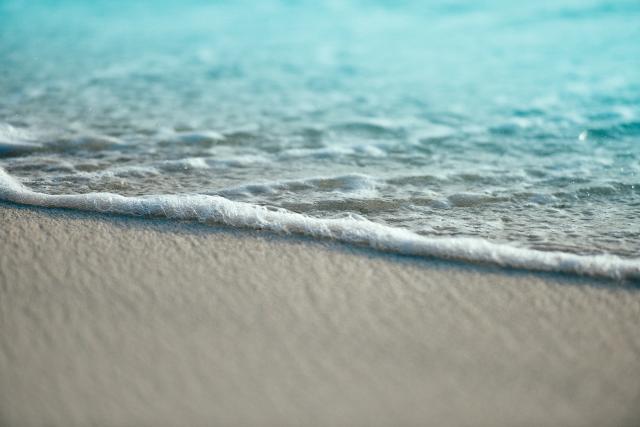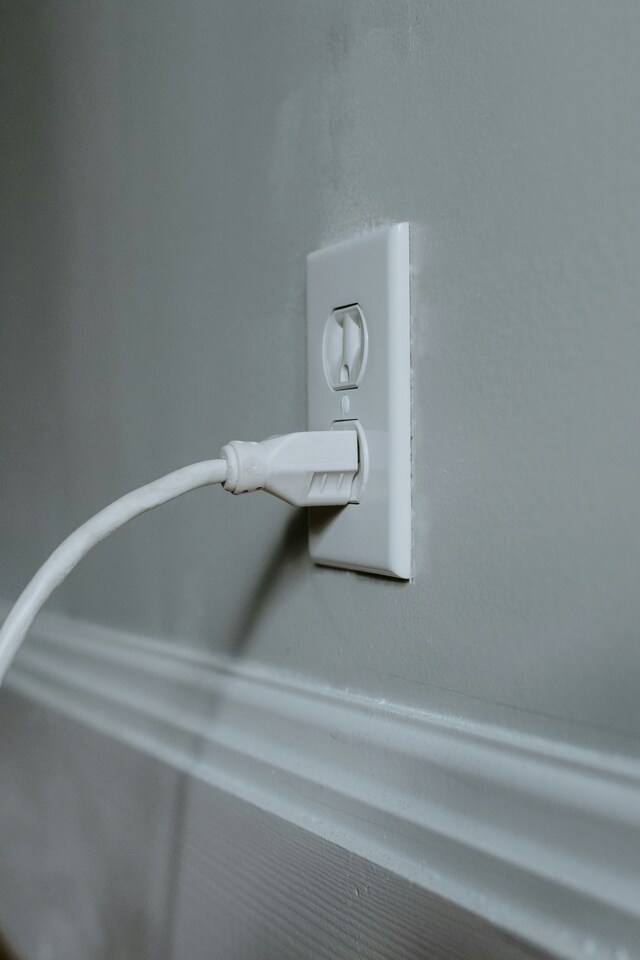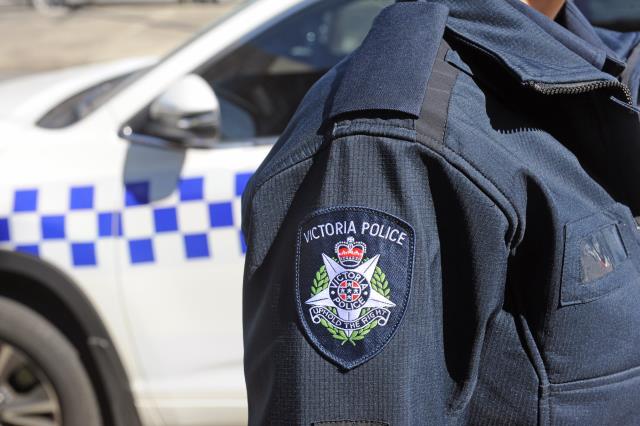Summer may have only just started, but with Melbourne experiencing five 30-plus degree days in November, the city’s beaches, including those at Williamstown and Altona, are already busy.
With this in mind, the Environmental Protection Authority Victoria has launched its daily Port Phillip Bay Beach Report to keep swimmers safe.
Now in its 31st year, the report forecasts water quality in Port Phillip Bay and publishes advice twice a day on the EPA website.
“We do a forecast predicting water quality between 10 am and 3pm each day, then at 3pm, we forecast water quality for the rest of the day, and for first thing the following morning,” explained the EPA’s chief environmental scientist, Professor Mark Taylor.
“You can find the reports on our website, social media and on Life Saving Victoria club signs, but you can also sign up for a free SMS alert service.”
Professor Taylor said while water quality in Port Phillip Bay is generally good, it can deteriorate quickly.
“After storms and rains, you can expect a period of up to 48 hours where there could be issues that might cause skin irritations or even gastro,” he said.
With a weak La Nina weather pattern predicted for this summer by the Bureau of Meteorology, there could be higher than median rainfall and stormwater runoff during and after rain, lowering beach water quality.
Last summer minor flooding in the Yarra River caused prolonged brown discolouration at beaches along Port Phillip in January.
Professor Taylor assured beachgoers that if this happened again, EPA officers would be out in force at beaches doing additional monitoring to ensure as much information is provided to the public as possible.
“Melbourne’s weather is changeable so that’s another good reason for keeping an eye on EPA Beach Report water quality forecasts this summer,” he said, adding that overall, the water quality at bayside beaches was not a cause for concern.
“After more than 30 years of monitoring, the bay still maintains a high standard which makes it a popular recreational attraction for many hundreds of thousands of Melburnians.”
For more information and to sign up to the SMS service, go to https://www.epa.vic.gov.au/for-community/summer-water-quality/beach-report

















